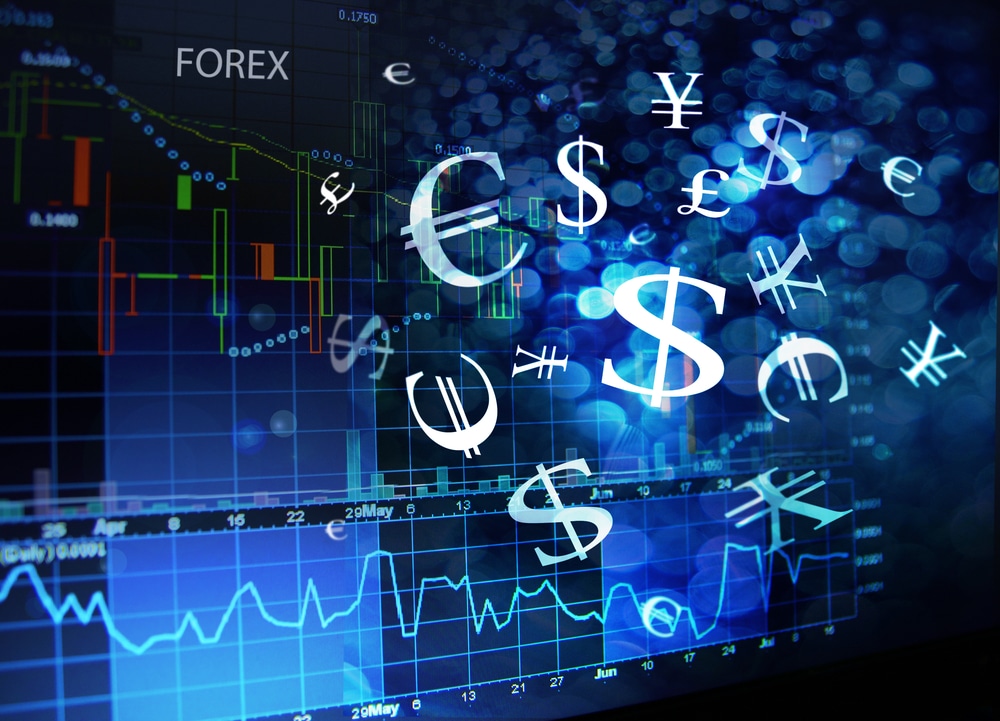The foreign exchange (forex) market is the largest market in the world, with daily transactions exceeding $5 trillion. But where does all this money come from? And how does it move around the globe?

Image: forextrading.govaf.com
In this article, we’ll explore the origins of money in the forex market and trace its journey through various channels. By understanding where money comes from, you’ll gain a deeper insight into the inner workings of this fascinating market and how it affects the global economy.
The Origins of Money in the Forex Market
Money, as we know it today, has evolved over thousands of years from humble beginnings. In the early days, people traded goods and services directly through barter. However, as societies grew more complex, the need for a universal medium of exchange became apparent.
Initially, precious metals like gold and silver were used as money due to their rarity, durability, and divisibility. These metals served as a convenient and reliable way to store and transfer value, facilitating trade over long distances.
Over time, paper money was introduced to supplement the use of precious metals. Paper currency was initially backed by the equivalent value of gold or silver, but eventually, governments began issuing fiat currency, which was not backed by any physical commodity.
The Role of Central Banks
Central banks play a pivotal role in the forex market by managing the supply of money. They do this through various monetary policy tools, such as setting interest rates, buying and selling government bonds, and regulating the banking system.
By controlling the money supply, central banks can influence economic activity. For example, lowering interest rates can stimulate borrowing and spending, while raising interest rates can slow down economic growth.
Commercial Banks and Forex Trading
Commercial banks are major players in the forex market. They facilitate currency transactions for their clients, which include businesses, governments, and individuals.
When a customer needs to exchange one currency for another, they typically go through a commercial bank. The bank will then match the customer’s order with another customer who needs to exchange the opposite currency.

Image: forextraders.guide
Forex Brokers and Retail Traders
Forex brokers provide a platform for retail traders to access the forex market. These brokers offer a range of services, such as currency pairs for trading, live quotes, and trading tools.
Retail traders can use forex brokers to speculate on currency movements and potentially profit from exchange rate fluctuations. However, forex trading carries a high level of risk, and traders should only risk capital they can afford to lose.
The Flow of Money in the Forex Market
Money flows through the forex market in a continuous cycle. Here’s a simplified overview of how it works:
- When an importer buys goods from another country, they need to exchange their currency for the currency of the exporter.
- This creates a demand for the exporter’s currency and a supply of the importer’s currency.
- This demand and supply will determine the exchange rate between the two currencies.
- Forex traders constantly monitor exchange rates and speculate on their future movements.
- If a trader believes that one currency will appreciate against another, they may buy that currency and sell the other.
- The net effect of all these transactions is the flow of money from one currency to another.
Where Does Money Come In The Forex Market
Conclusion
The forex market is a vast and complex network where money flows from one place to another, facilitating global trade and investment. Understanding where money comes from in the forex market provides valuable insights into the interconnectedness of the world economy.
From the origins of money to the role of central banks, commercial banks, forex brokers, and retail traders, the forex market is a dynamic and ever-evolving realm. By delving deeper into its intricacies, we can better grasp the forces that shape our global financial landscape.






